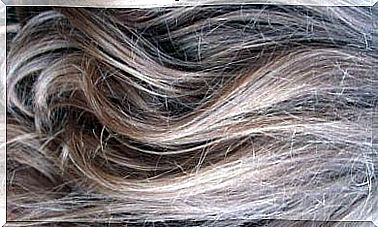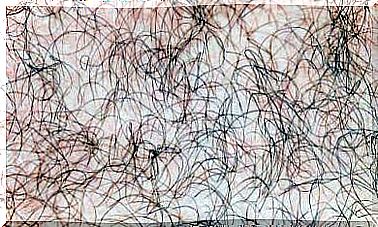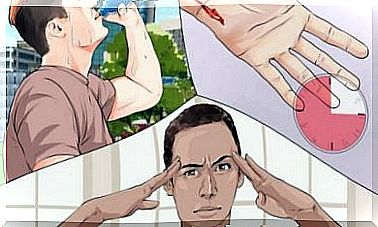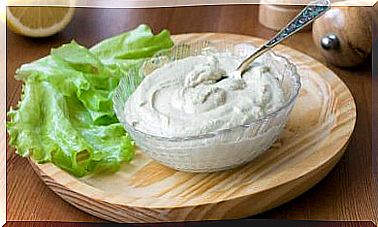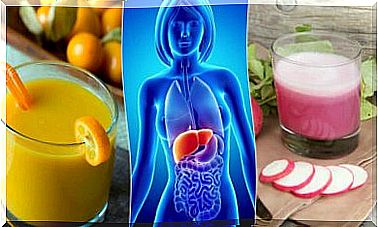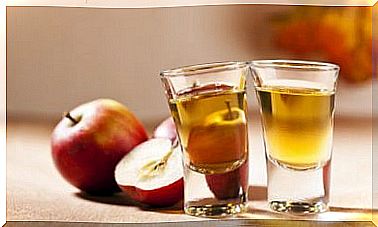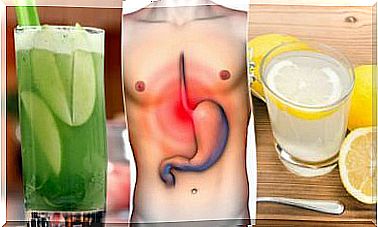5 Foods To Avoid In Case Of Overactive Bladder
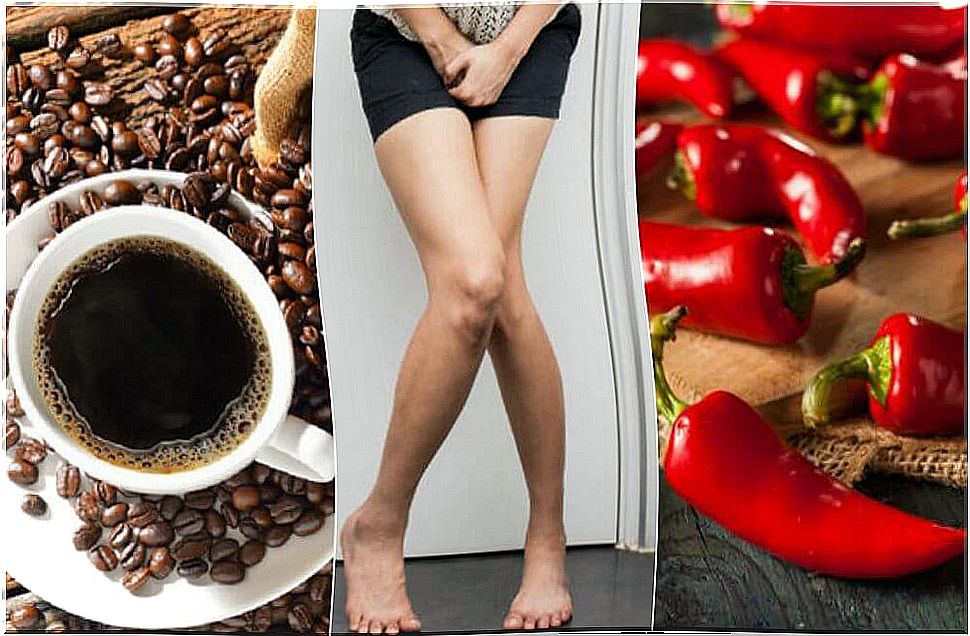
Do you know what foods to avoid in case of an overactive bladder, one that causes an urgent and sudden need to urinate?
It is a syndrome caused by the involuntary contraction of the muscles surrounding this organ, which can cause uncontrollable leakage of urine (imperative incontinence).
Those who suffer from this syndrome can experience embarrassing situations, not only because it is difficult to control, but because the loss of urine can limit social and professional life.
The most worrying thing is that many ignore the problem and, by not seeking quick treatment, they develop severe incontinence and other urinary conditions.
For this reason, it is important to know what steps to take to control it and which foods can have harmful effects when added to the diet.
Next, we want to talk about some of its causes and expose some foods to avoid in case of an overactive bladder.
What are the causes of an overactive bladder?
An overactive bladder develops when the muscles around this organ begin to contract involuntarily, even if the urine stored is minimal.
This contraction triggers an urgent need to urinate, which often ends up in unwanted leaks if the person doesn’t immediately go to the bathroom.
Risk factors
Loss of bladder control may have unknown causes. However, there are several triggers that have been associated with its development:
- Excessive consumption of liquids
- neurological disorders
- Diuretic drugs
- Acute urinary tract infections
- diabetes mellitus
- prostate enlargement
- Constipation
- Deterioration of cognitive function due to aging
- Excessive consumption of caffeine or alcohol
- Bladder abnormalities such as tumors or stones
- Incomplete emptying of the bladder
- Disc hernias
- Stress
Overactive Bladder Symptoms
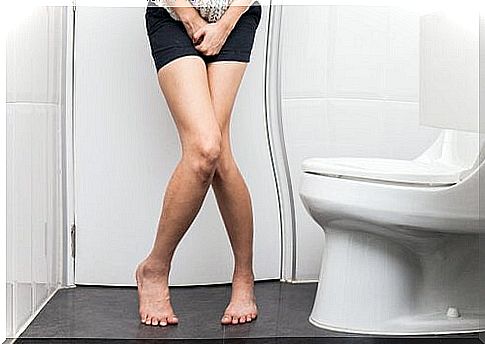
Overactive bladder syndrome causes a number of changes in urination habits. The main symptoms include:
- Urgent and sudden need to urinate
- Involuntary loss of urine
- Urinate more often, eight or more times throughout the day
- Need to urinate at night (nocturia)
What are the foods to avoid in case of an overactive bladder?
Excessive consumption of some foods can be harmful to patients with overactive bladder, as its components increase the irritation and inflammation of this organ.
It is very important to limit the intake of these foods, at least during treatment, as they can interfere with the recovery process.
1. Tomato
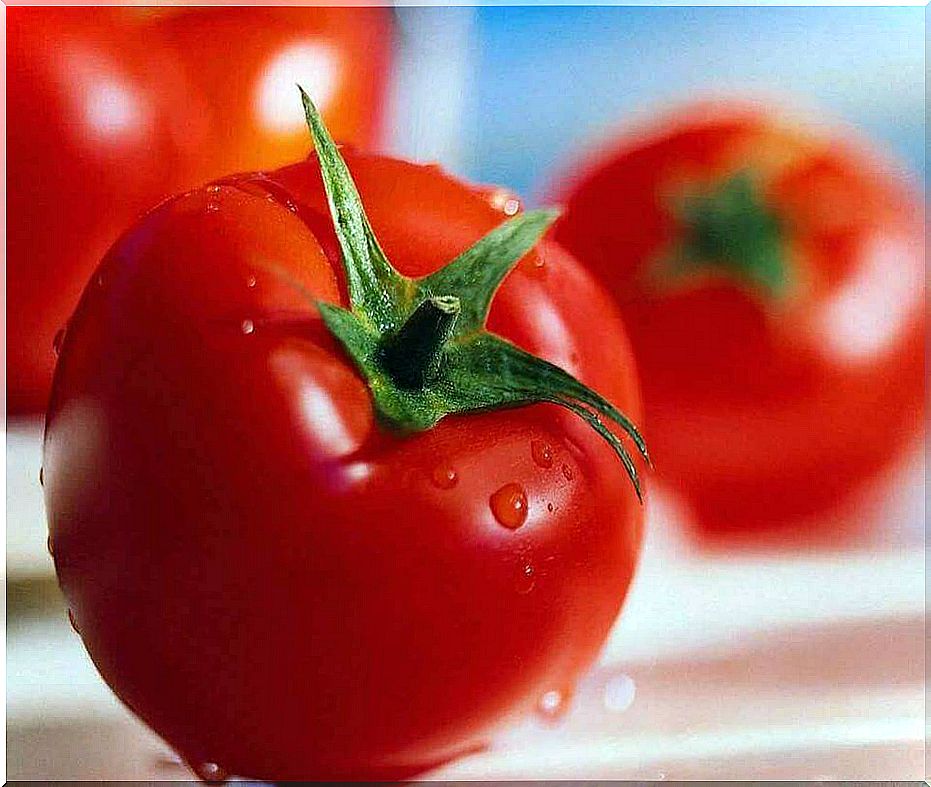
We cannot deny that tomatoes are one of the most nutritious foods out there. However, in the case of patients with this bladder disorder, it is not advisable.
- This fruit contains acids that irritate the urinary ducts and bladder tissues. Its diuretic effect increases urine production and can cause further leakage.
- On the other hand, it can be much worse when cooked, as the acidity intensifies and we sometimes add sugar.
2. Coffee
Coffee and, in general, foods that contain caffeine can have detrimental effects on patients who have difficulty controlling their urine.
- This stimulant can cause brain hyperactivity and nervousness, even when consumed in small doses.
- These consequences interfere with bladder functions, increasing the need to urinate, even when there is little fluid to expel.
3. Spicy foods
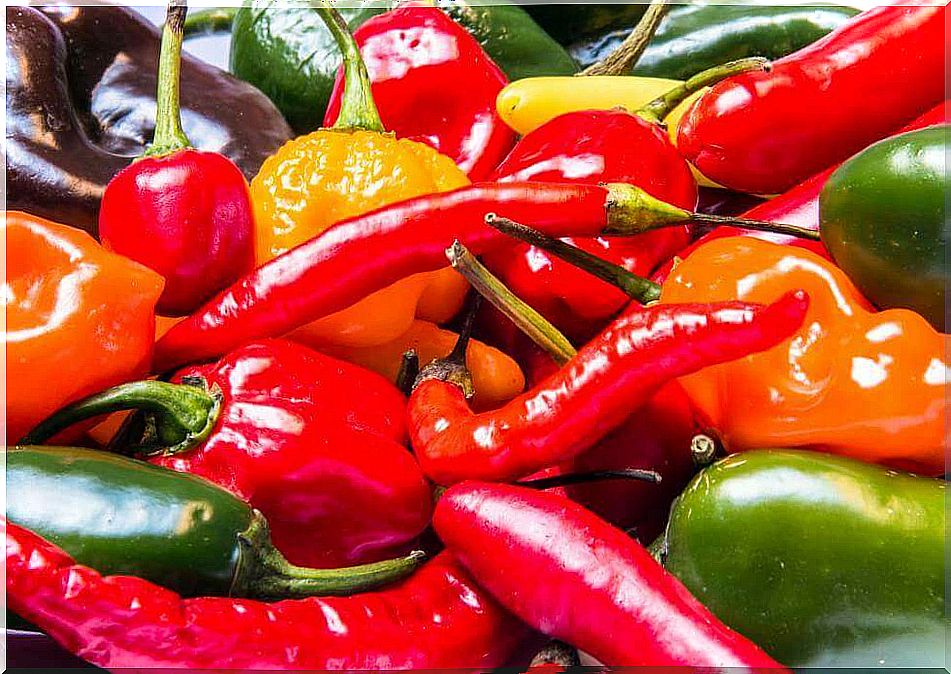
Many spicy spices contain nutrients that are beneficial to health. Despite this, they are discouraged in cases of bladder and urinary tract problems, due to the irritability they can cause in the tissues.
- Spicy foods trigger an inflammatory response that can make it difficult for the bladder to work.
- The ideal is to exclude cayenne pepper, peppers, saffron and any condiment that has this characteristic from the diet.
4. Citrus fruit juices
They are delicious and represent an important source of vitamin C. However, due to their high concentration of acids, they should not be ingested by patients with an overactive bladder.
- Its composition can increase bladder irritation, intensifying the contractions that cause the urge to urinate.
- In addition, they have a mild diuretic effect that can promote fluid expulsion, increasing leakage.
5. Sugary food

All types of sugary foods, including desserts containing artificial sweeteners, have detrimental effects on the body when consumed in excess.
- Refined sugar irritates the body’s mucous membranes and increases imbalances in terms of inflammation.
- This influences uncontrolled urination habits and the onset of pain and burning in the bladder.
- Try to avoid baked goods, sweets and sugary foods.
If you are experiencing symptoms of overactive bladder, see a doctor. Although there are some factors that cannot be controlled, there are treatments and medications that can help reduce it so that it doesn’t affect quality of life.
